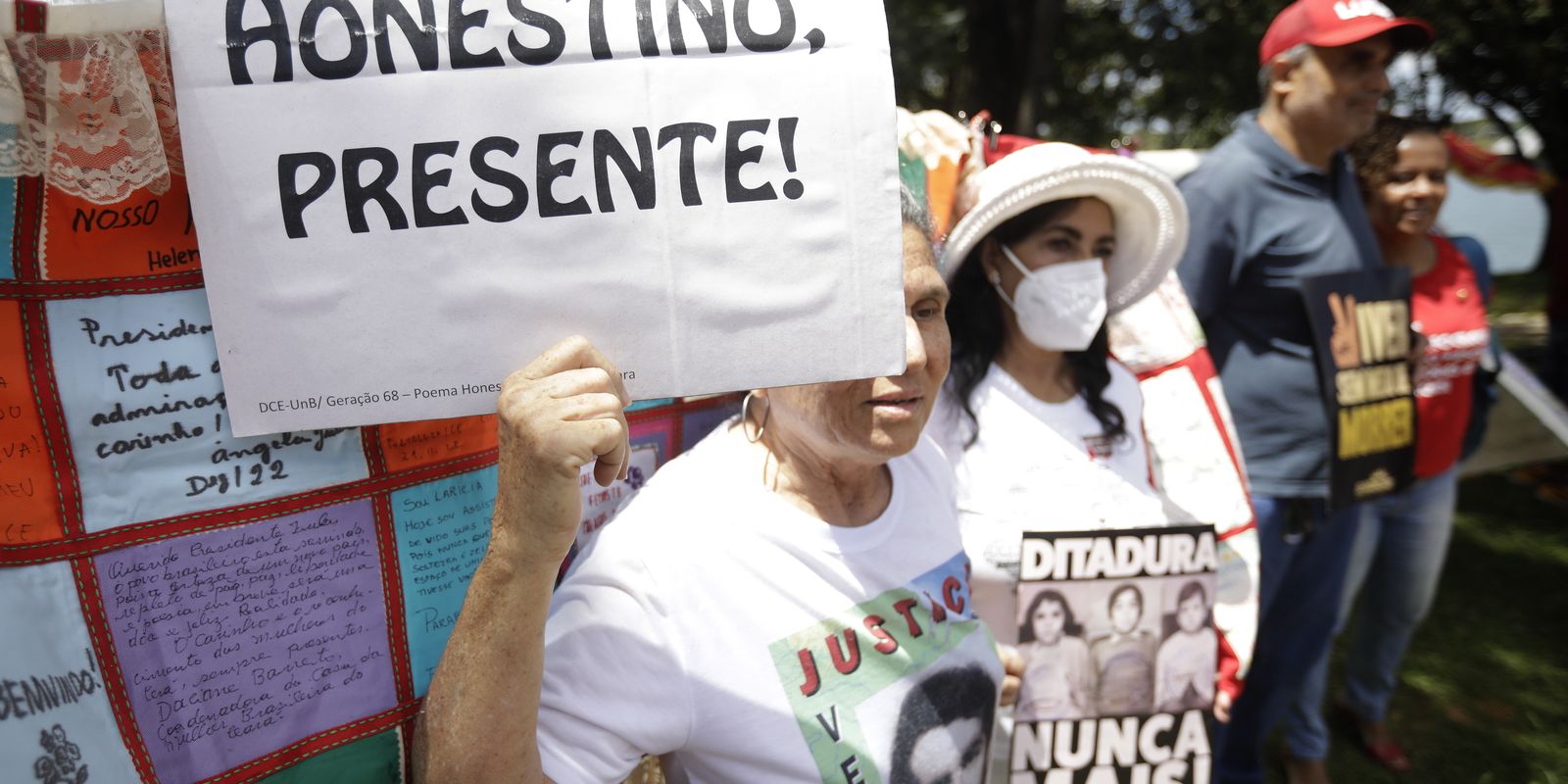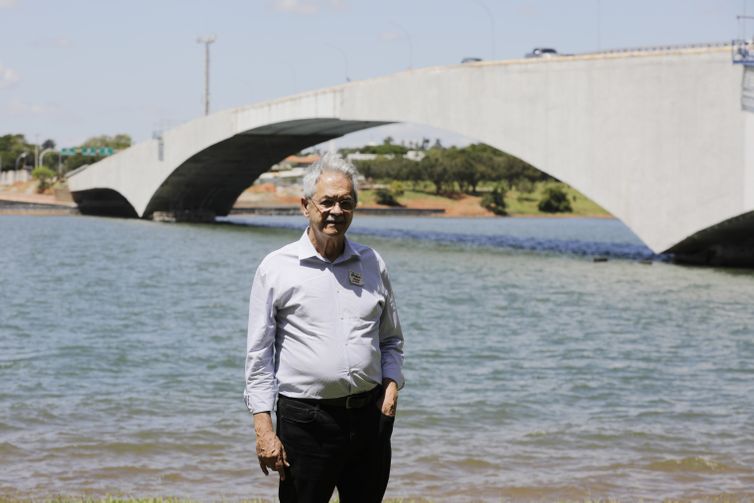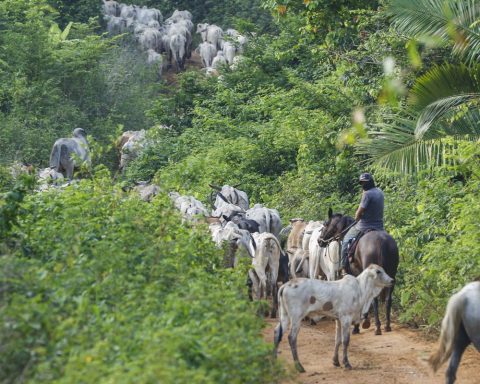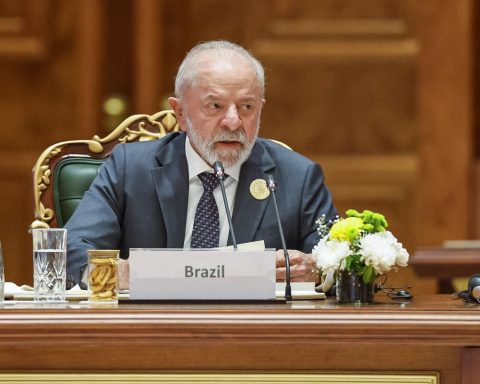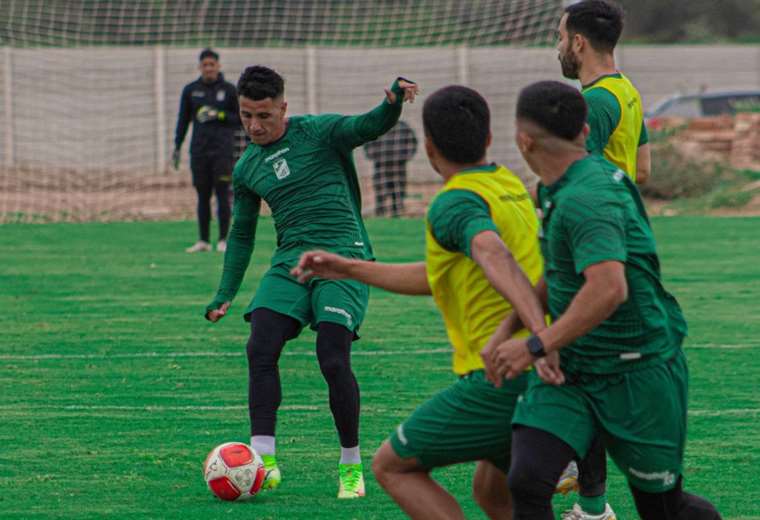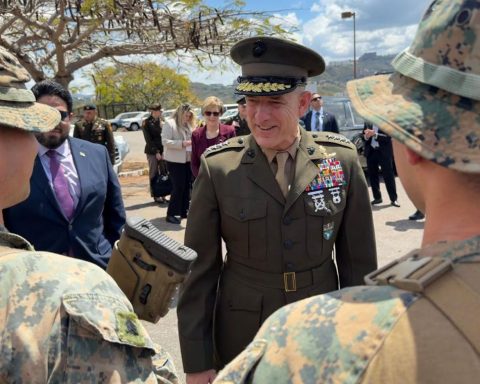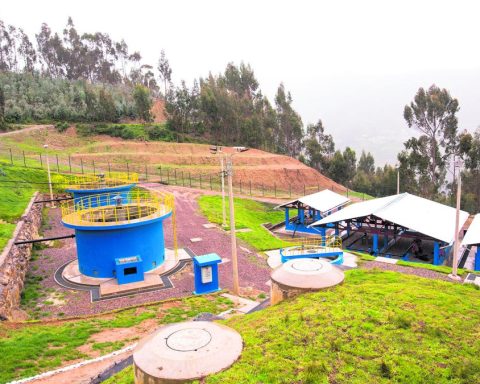Popular participation in collective decisions and rules is defended by United Nations (UN) since its creation in October 1945, after the victory of the Allied bloc in the Second World War. It took 62 years for the UN to recognize September 15 as International Democracy Day in 2007, in allusion to the Universal Declaration of Democracy, signed ten years earlier at an inter-parliamentary conference in Cairo, Egypt. 
In 1997, when Brazil signed the Universal Declaration of Democracythe country’s Constitution was undergoing the regulatory process nine years after its promulgation. The Military Dictatorship, which ended in 1985, was still a recent process and a close memory. The end of the state of exception of the Vargas era was 60 years away, in 1937, and even the proclamation of the Republic was just over a century old.
In the 17th edition of the International Day of Democracy, celebrated this Sunday (15), experts heard by Brazil Agency drew attention to the need to continually maintain the defense of democracy in the face of the risks experienced in recent years. The country is now going through a harsh process of political radicalization and polarization that peaked in the 2017 election and came close to threatening continued respect for the ballot boxes, in the attempted coup on January 8, 2023.
“Brazilian democracy has been suffering from systematic attacks and violations of its constitution by sectors that are not committed to the democratic rule of law. This became even more evident in the last government [de Jair Bolsonaro]and, above all, with the attacks on January 8, 2023. If it weren’t for the commitment and solidity of some of our institutions, we wouldn’t be talking today about the fragility of Brazilian democracy, or even how to improve it”, highlights the executive director of Vladimir Herzog InstituteRoger Sottili.
According to him, Brazilian democracy still lacks robust mechanisms for the promotion of rights and justice, which prevent impunity for those who have attacked the democratic regime in the past.
“When a country fails to address its history of violence, acting against those who have freely and openly attacked and continue to attack the democratic rule of law, as Brazil has not done in the past, what we have is a culture of impunity, which encourages attacks like the ones we have seen,” he emphasizes.
“We need to understand that the past is always at our doorstep and until we act effectively, we will experience episodes of attacks against our democracy again today and tomorrow,” he adds.
Justice
The Regional Attorney General and President of the Special Commission on Political Deaths and DisappearancesEugenia Gonzaga, emphasizes that Brazil did not carry out its Transitional Justice, after the period of military dictatorship (1964-1985), and that it is now paying for its mistake.
“Throughout the world, where situations in which there was a breakdown in the law, in which dictatorships were transformed into democratic regimes, are studied, it is clear that it was necessary to promote reparations for victims, to hold the perpetrators and security agents who contributed to this situation accountable,” he says.
The lack of accountability paves the way for new actions against democracy to be repeated, she said. “January 8, 2023, has everything to do with this process of not revealing the truth, of omission, of denial of what happened as a coup. It has to do with the impunity of these perpetrators, with the spreading of the false story that [o golpe de 1964] saved the country from communism.”
“The defense of democracy is unfortunately a very delicate and difficult process, which is why we need to have instruments to combat these arbitrary actions and these attempts to sweep attacks against democracy under the rug,” he adds.
THE Special Commission on Political Deaths and Disappearances was reinstated in July of this year by President Lula, after having been terminated in 2022, during the Bolsonaro government.
Sixty years after the coup (check out special), studies indicate the existence of 144 missing people during the military dictatorship. There are also cases of people whose deaths were confirmed by the State, but whose bodies disappeared. Among them, the geology student at the University of Brasília, Honestino Guimarães, possibly killed in 1973 by agents of the dictatorship.
Disinformation
According to Nilmário Miranda, a journalist and former federal deputy, a political prisoner in the 1970s and special advisor for the Defense of Democracy, Memory and Truth at the Ministry of Human Rights and Citizenship (MDHC), the construction of memories based on truth is one of the main pillars of democracy. This process, however, has been called into question by fake news.
“There is no democracy based on Fake News, appropriation and changing of history. Democracy is only related to true memory and the construction of memories, which is why its maintenance and actions such as the Truth Commission go beyond governments and are related to State policies”, he argues.
“It is important to keep the memory alive and it is still valid and necessary to remember the Commission’s motto: so that it is not forgotten, so that it never happens again. This has to be part of the country’s life, it has to be part of education, to avoid something like the coup that almost happened on January 8th”, he adds.
He recalls that during the military dictatorship, 750 members of parliament were impeached, more than 30,000 people reported some type of torture, and 434 people were killed or disappeared. “This has to be known by everyone. If not, it will happen again. History shows that it will happen again. True democracy needs this.”
Advance
Adriano Diogo, a geologist and politician, a political prisoner during the military dictatorship, and a member of the Truth Commission of the State of São Paulo, believes that democracy has faced a major challenge in the era of digital communication. He points out, however, that the democratic system is still the most advanced in existence.
“We are in a difficult time, in which the weight of digital communication hinders the process, but we cannot stop fighting, shouting, contesting and winning elections, which is the only way to guarantee the continuity of Democracy.”
“It may have all its problems, but it is the most advanced and revolutionary we have at the moment, and it guarantees the participation of the people, who are at the center of decision-making. It is from the will of the people that generations are built,” he adds.
